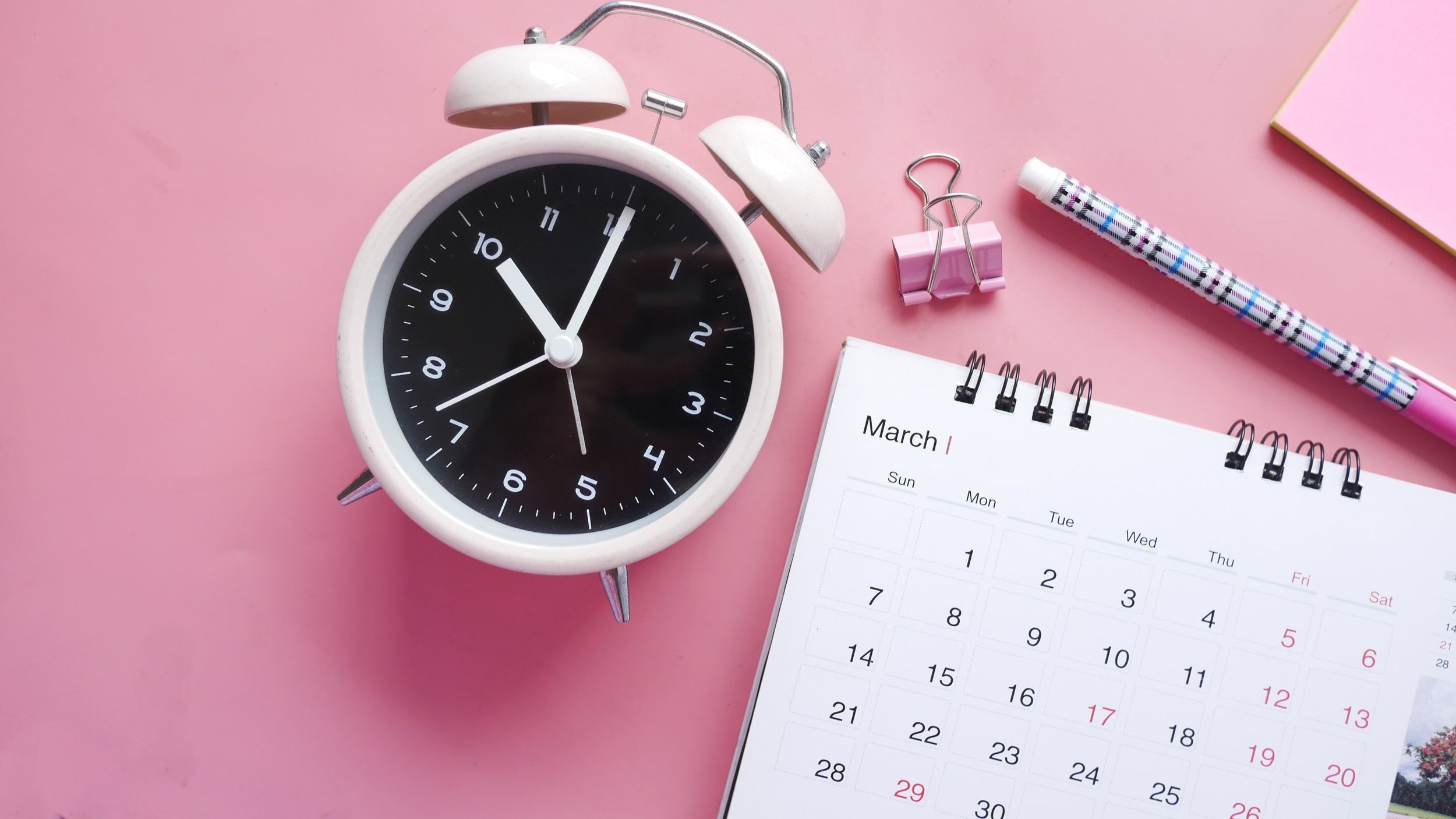Unsplash | Gabrielle Henderson
If we are going to carve out time in our busy day to sit down at our journal, we have to make it worth it.
Our time is valuable and we want the work we put into our journal to pay off by helping us become more present, confident, and able to dream bigger.
While there is no right way to journal, here are 4 strategies to get the most out of your journal session.
Create an action item for yourself.
You may find yourself writing out a lot of feelings or problems that you're dealing with. Many of us use our journal for that.
While writing down these feelings or problems can be extremely beneficial when processing them, following this up with an action item can allow you to put what you're working through in your journal into practice in real life.
Action items could be:
An affirmation you're going to start saying to help you change your mindset
A task you're going to complete to help you get closer to fixing the problem or going after your dream
A conversation you're going to have to gain more understanding or support in a situation
This can be a challenge to do and can take practice, but many more things happen when a plan is put in place.
Give Yourself Plenty of Time
It can be a challenge to find any time in a day to journal. However, if you were to pick a time, try to pick a moment where you won't feel rushed to get through the entry because you have to be at the next thing on your schedule.
Try to find a moment that you can be in the present and not in the past or future.
A strategy you can try is to give yourself 10 more minutes than you think you will need to journal. This can give you time, space, and permission to work through more thoughts if you want to.
And if you don't use it, you have that extra 10 minutes in your day to breathe.
Limit Distractions
To help you really be able to dive deep into your journal session, try to limit the chance for distractions as much as possible.
Maybe this looks like trying to find a time to be in a room by yourself. Maybe it is having your phone in the other room.
Both of these can seem like a long shot with someone always needing something from us. Try to create an environment for yourself that allows you to tap into thoughts, feelings, and ideas, whatever that may look like.
Not in Same Spot Where You Do Work
This is key. When you journal at the spot where you handle your work responsibilities, your brain is in work mode.
This can mean different things for different people. Journaling in the same spot where you work can lead your brain to see journaling as a task you have to do, something that needs to be a certain way, or needs to be professionally or properly written.
Journaling is a place to do something you want to do and in any way you want to do it. Imperfection encouraged.
Watch the instagram Reel







